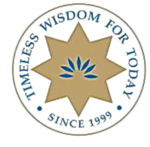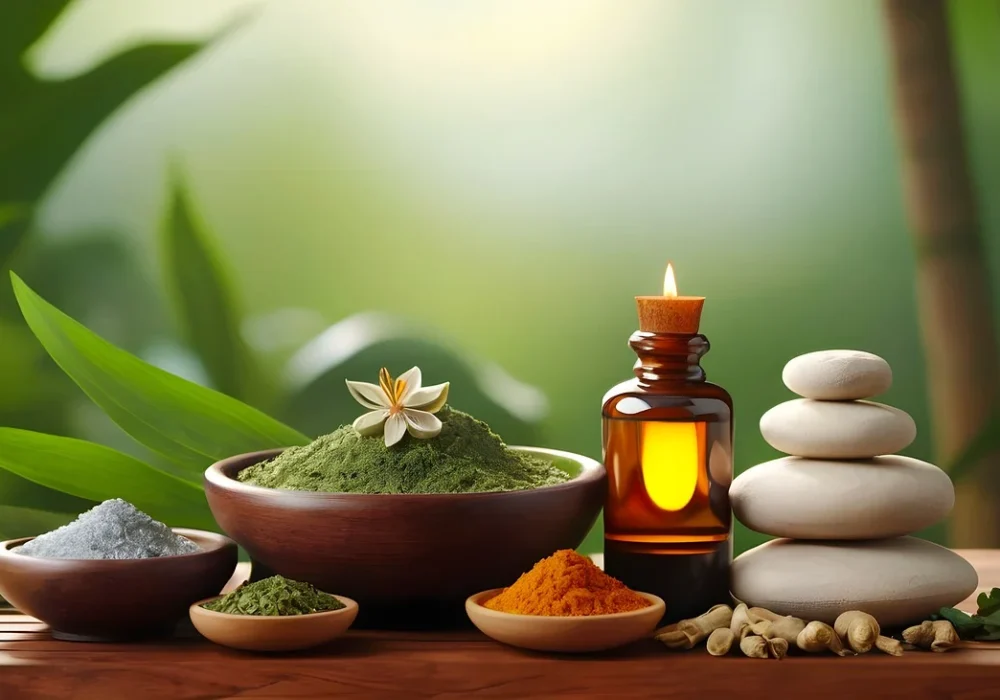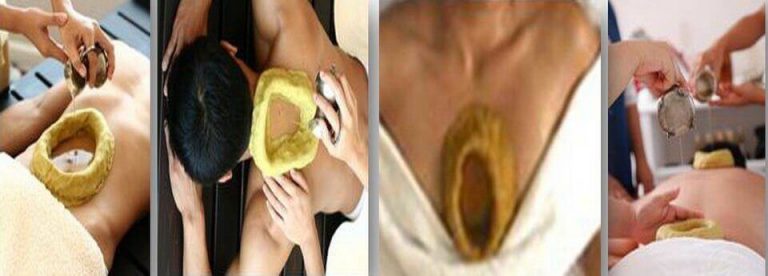Ayurveda is simply a Holistic Way of Life. Holistic means balance in every area of our life and seeing ourselves in our entirety – physically, mentally, emotionally, and spiritually. Ayurveda is an ancient science of healthy living, over 5,000 years old, tried and tested by millions. It encompasses the knowledge of Aromatherapy, Acupuncture, Yoga, Meditation, Vedic Astrology, Music Therapy, Meridians, and Spirituality.
Ayurveda is practiced in many parts of the world. Ayurveda in Thailand is fast gaining popularity owing to many factors – professionally trained practitioners, availability of wide range of therapeutic herbs, nice climate, friendliness of Thai people, a variety of delicious and healthy food choices, among others.
Ayurveda is all about “PREVENTION”. The entire healing science is focused on self-knowledge. It is possible to know yourself so well that you are able to prevent disease BEFORE it occurs, as opposed to treating the symptoms AFTER the onset of the condition.
Energetically speaking, you start by identifying your unique body-mind type. This is your PRAKRUTI, or your inherent constitutional make-up. The PRAKRUTI is set at the time of your conception and does not change during one’s lifetime, except in very rare instances. At the moment of conception, each person’s combination and proportions of their operational energies,
“Doshas”, are determined according to the genetics, diet, lifestyle, and emotions of the parents. Primarily, there are three kinds of Doshas – Vata, the energy of movement; Pitta, the energy of change; and Kapha, the energy of structure.
Subsequently, you identify your constitution “of the moment”, reflecting on your current state of health. This is called VIKRUTI. If a person is in excellent health, then the constituents of PRAKRUTI and VIKRUTI will be the same. Usually, however, there will be differences in the two due to Diet, Exercise, Rest, Lifestyle, or Environment that are not in harmony with one’s PRAKRUTI.
It is easy to recognize an aggravated VIKRUTI; there will be symptoms showing. For example, if you have excess Vata, the energy of movement, you will have very dry skin, cold hands & feet, fears & phobias, or insomnia.
It is possible that after an Ayurvedic treatment, you may experience a “Healing Crisis”. This is a completely normal, temporary condition in which you may experience symptoms like fever, headache, tiredness, frequent urination, runny nose, increased appetite, or increased thirst. It reflects that your body is undergoing positive changes at a deeper level. Reversing the adverse impact of years of inappropriate diet, lack of exercise, not getting enough rest, and a polluted environment takes time and effort for your body to regain its balance. These positive changes can be long-lasting, if you consciously maintain a lifestyle in harmony with your basic nature.
The Ayurvedic Doctor’s Advice:
It is best to let your body naturally go through the entire Healing Crisis. You should refrain from any kind of physical exertion, such as running, jogging, and swimming in cold water, rigorous sport, or weight lifting. A leisurely walk in a warm environment is a good alternative; yogic breathing, meditation, and other relaxation techniques are also good for your healing process. If possible, please refrain from the use of TV, computers, and mobile phones immediately after a treatment. Avoid cold food, cold water, coffee, tea, and alcohol after a treatment. Women should avoid using the products during their menstrual cycles. Not following the above guidelines may result in a more severe Healing Crisis, and the healing impact will be diminished.




